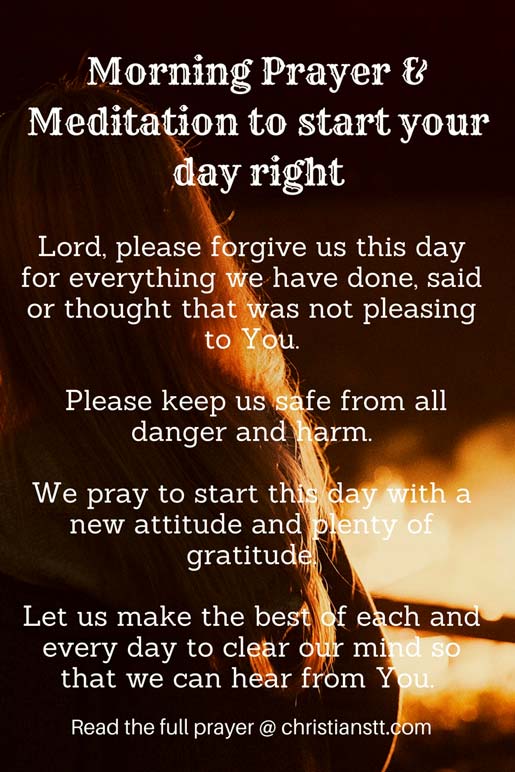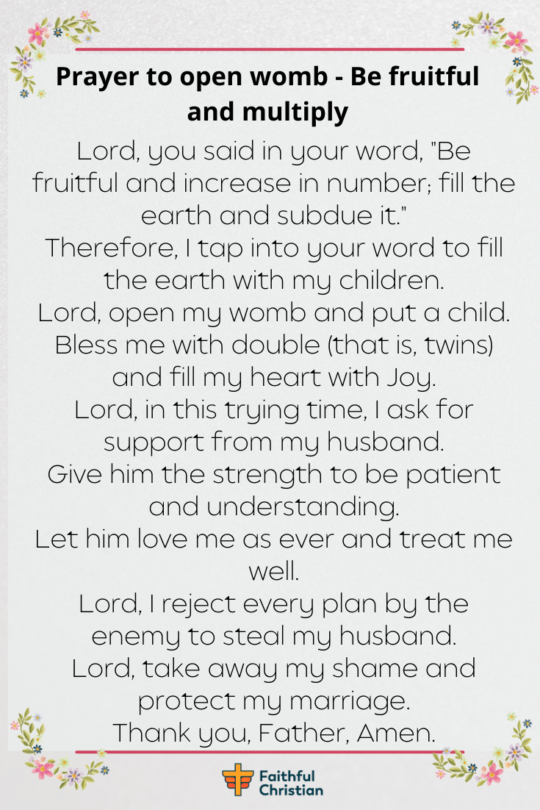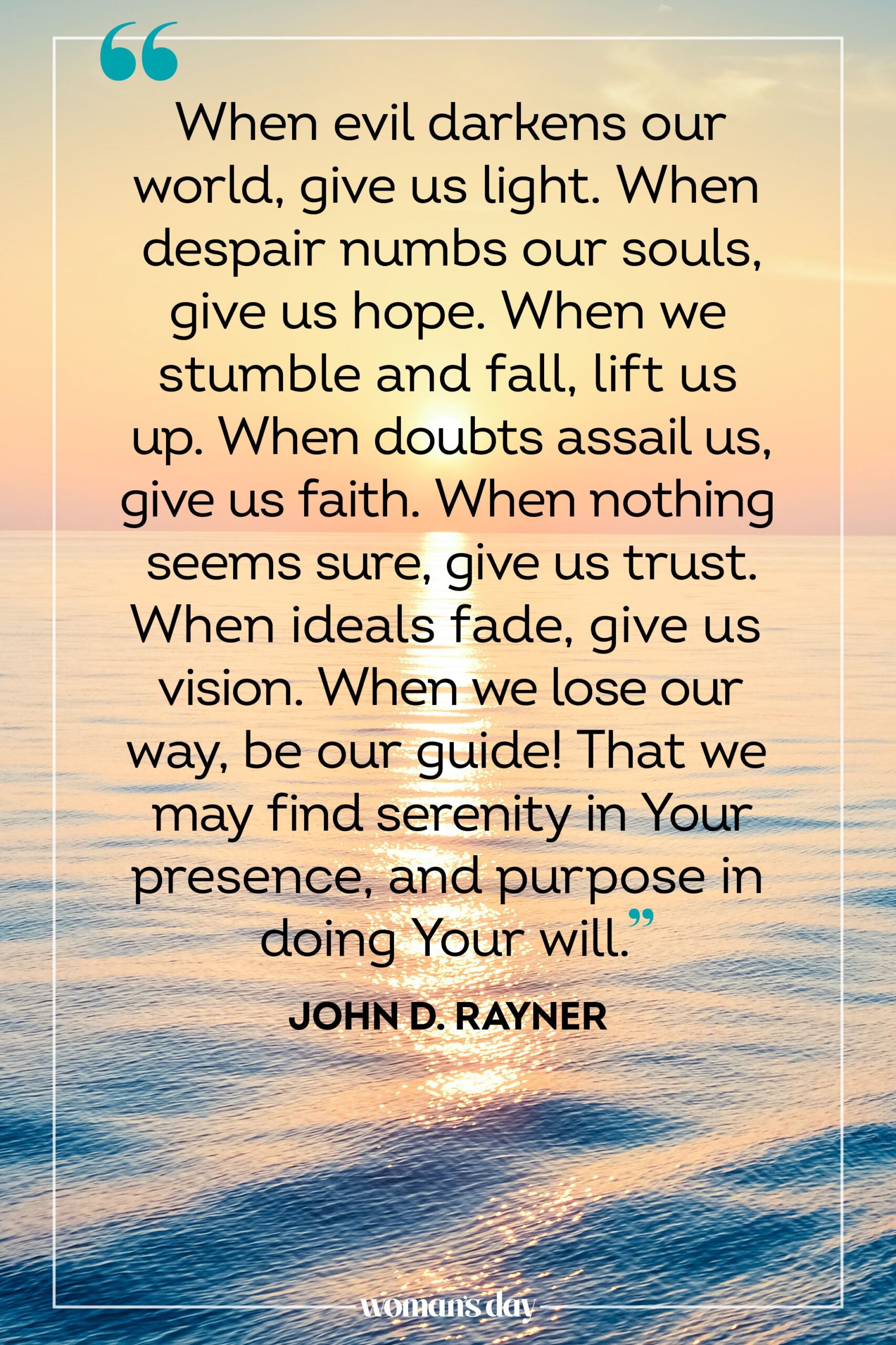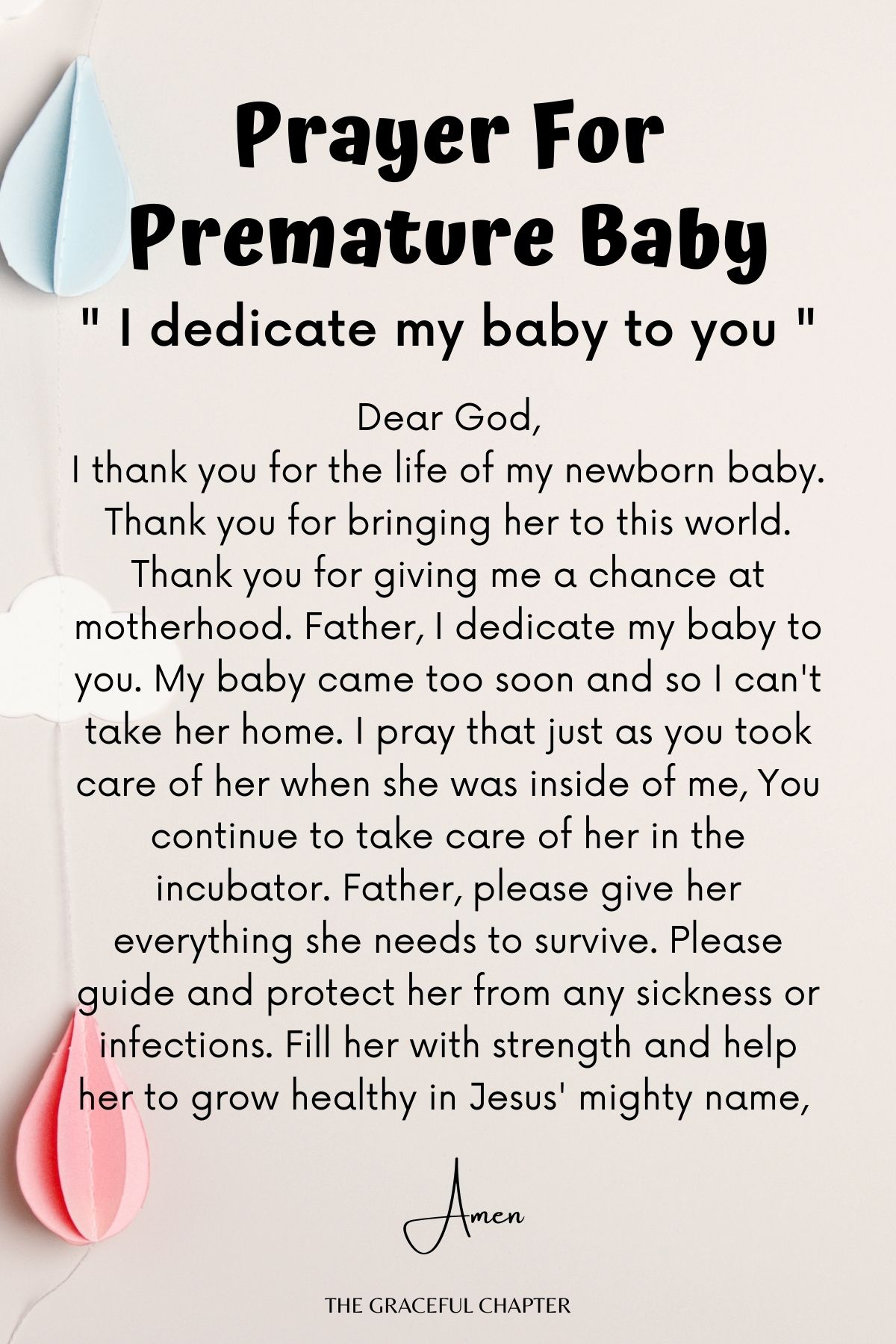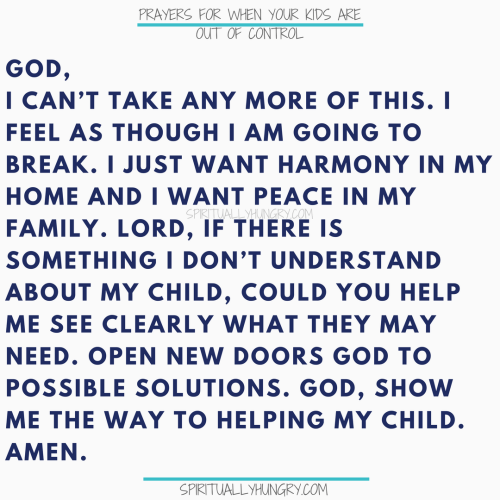You may have heard people talk about prayer and meditation – but what does that really mean? In this article, we’ll explore the basics of prayer and meditation, and how you can start practicing today.
What is Prayer?
Prayer is a communication between oneself and an unseen force or God. Prayer has been practiced for centuries, and its power to change lives has not diminished over time.
There are many types of prayer, but the most common form is silent meditation. In meditation, you focus on your breath and your thoughts. This concentration allows you to quiet your mind and access its hidden potential. When you pray, you use the same process: you focus on what you want to say, and then release it. Prayer can be spoken aloud or silently, in any language or style.
Prayer is powerful because it connects us to our deepest desires. When we pray, we tap into the strength we have within ourselves. Prayer can help us find stability in times of turmoil and find healing when we’re hurting.
Types of Prayer
There are many types of prayer, and one’s style of prayer may be influenced by their religious beliefs. However, there are several common elements to all types of prayers.
One of the most important aspects of prayer is intention. When praying, it is important to have a clear goal in mind. This can be anything from requesting guidance from a deity, thanking them for blessings you have received in the past, or simply asking for strength during a difficult time.
Another important aspect of prayer is focus. When we are unfocused, our thoughts may wander and we may not be able to connect with the deity or spirit we are praying to. To help keep your prayers focused, try to relax your whole body and mind before beginning. This will help you to access deeper levels of concentration.
Finally, when praying it is important to maintain a positive attitude. If our mindset is negative, it will be difficult to connect with our deity or spirit. Instead, try to picture yourself in a positive light and focus on the good things that will come from your prayer.
How to Start Praying
Prayer is a powerful tool that can be used to connect with God. There are many different ways to pray, and you can find one that works best for you.
The first step is to find a time every day when you can uninterrupted prayer. You can pray during your morning routine, before bed, or any time that is convenient for you.
Once you have found a time, the next step is to find a place where you feel comfortable praying. You can pray in your own home or at a mosque or temple.
When you are ready to start praying, begin by saying a simple prayer of thanksgiving or request.Then, focus on your intention for the prayer. Connect with God through your thoughts and feelings.
Keep your mind focused on the prayer until it feels complete. When you finish, offer another prayer of gratitude or ask for guidance in the future.
The Benefits of Prayer
If you’re looking for a way to improve your prayer life, consider prayer while praying. According to a study published in the “Journal of Experimental Psychology: General,” prayer performed while engaged in other cognitive tasks offered advantages such as increased focus and concentration, improved memory recall, and increased problem-solving skills.
Aside from the obvious benefits, prayer performed while engaged in other activities can also provide a sense of community and connectedness. As we spend more time apart from one another, social networking tools like prayergroups can offer an easier way to connect with others who share your faith.
Whatever your reasons for wanting to improve your prayer life, practicing prayer while engaged in other activities is a great way to get started.
What is prayer?
Prayer is the use of words or sounds to bring about a desired outcome in oneself or another. Prayer can be formal or informal, personal or public, and it can be directed towards one specific person, group, or deity.
There are many types of prayer, but all share some common elements. Prayer may involve expressing gratitude for blessings received or asking for help in achieving a goal. It may also involve speaking from the heart, offering thanks for past experiences, confessing wrongs done and seeking forgiveness, and making requests for divine guidance and protection.
Some people pray regularly as part of their personal spiritual practice; others may pray only when faced with a difficult situation. Regardless of why someone prays, the important thing is that they take the time to commune with their Higher Power in a sincere and authentic way.
Prayer and meditation are two different things
Prayer is a form of communication with God. It can be used to ask for help, express gratitude, or simply connect with Him. Meditation is the process of focusing on one thing in order to clear your mind and achieve a state of calmness.
There are many different types of meditation, but the most common techniques involve focusing on your breath, repeating a mantra, or using a set object or image. Whatever you choose, keep in mind that the goal is to focus on your breathing and get lost in the present moment.
The best way to start practicing prayer and meditation is by simply starting out with something small. Whether it’s praying for strength during a difficult time or uttering a quick “thank you” to God after receiving good news, taking the time to communicate with Him will help you build stronger relationships with Him and experience greater peace and happiness in life.
Why pray?
When people pray, they often ask why prayer is important. Prayer can be a powerful tool for personal growth and spiritual development. There are many benefits to praying, including:
-It can help you focus and connect with your Creator.
-It can provide comfort and support during difficult times.
-Prayer can help you improve your relationships with family and friends.
-Prayer can help you find peace and resolve problems.
-Prayer can inspire change in your life and the world around you.
How to pray effectively
There are many ways to pray effectively, and each person’s prayer style is unique. However, there are some general tips that can be helpful for anyone looking to pray more effectively.
Start by recognizing that prayer is conversation with God. When you start your prayer, tell God what you want to know or ask Him what He wants you to know. This opens up the possibility of hearing from God in a powerful way.
Another helpful tip is to begin your prayer with a personal thankfulness for all the blessings in your life—both big and small. This will help you focus on what’s important and connect with God on a deeper level.
If you find that your prayer becomes muddled or difficult to stay focused on, try shifting your focus to something else for a minute or two. This will help clear your mind and allow you to return to your prayer with fresh energy.
When it comes to meditation, it’s important not to get too attached to any one technique or method. Instead, experiment with different techniques and find ones that work best for you. Be patient with yourself as you learn how to meditate, and don’t be afraid to take breaks if needed.
By following these tips, you
Benefits of prayer
Prayer has been shown to benefit people in a number of ways. First, prayer can help people connect with God or a higher power, which can lead to spiritual growth. Second, prayer can provide comfort and support during difficult times. Third, prayer can help people connect with loved ones who have passed away. Finally, prayer can help people learn more about themselves and their beliefs.
Prayer is an incredibly powerful way to connect with our higher power, and mediation can be a great way to take that prayer even further. When you are practicing meditation, it’s important to focus on your breath, but don’t forget to include prayers for yourself and for others in your life. By doing this, you’re able to tap into the power of prayer and create positive change in your life and the lives of those around you.
